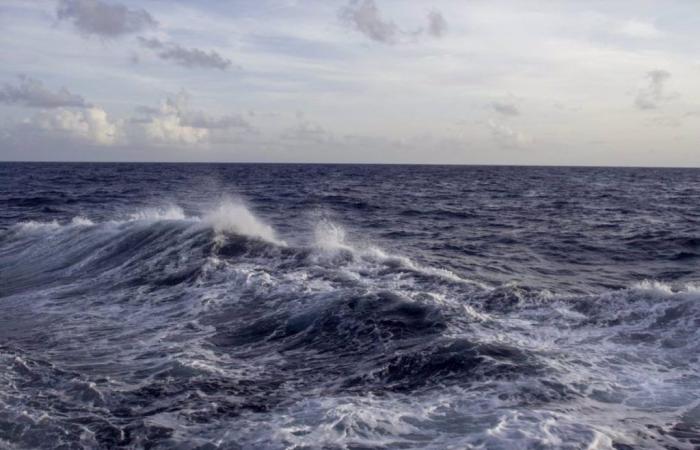MADRID, June 24 (EUROPA PRESS) –
Scientists at the University of Copenhagen have made significant progress in understanding the ancient oceanic anoxiawith possible perspectives for current marine environments.
500 million years ago, the so-called event SPICE (Steptoean Positive Carbon Isotope Excursion) The Cambrian caused oxygen levels in the oceans to drop dramatically.
Now, researchers at the University of Copenhagen have investigated how large-scale ocean anoxia, or oxygen-depleted conditions, developed during the event, and its possible consequences today.
In the study, published in OneEarthresearchers found that a chain reaction involving the recycling of phosphorus from ocean sediments played a key role in this decline in oxygen levels in the oceans.
“Under anoxic conditions, phosphorus is released more efficiently from sediments, which further depleted oxygen levels and expanded anoxia on a global scale” says Associate Professor Tais W. Dahl at the Globe Institute, lead author of the study.
“This self-amplifying cycle led to rapid and prolonged marine anoxia. The study warns that the feedback loop still looms over today’s oceans, where human activities could influence nutrient dynamics in ways that increase the risk of triggering cascading anoxic conditions. Coastal areas, in particular, “could be susceptible to anoxia that could spread on a larger scale”he added.
While anoxia on a global scale is not an immediate threat today due to limited phosphorus resources and high levels of atmospheric oxygen, the study highlights the importance of understanding nutrient dynamics and sedimentation processes, particularly in coastal areas. This knowledge is crucial to managing the health of marine ecosystems and their resident animal species.
By comparing ancient and modern marine systems, this study provides valuable information on the possible evolution of ocean chemistry today. By emphasizing the importance of historical context, the research aims to improve predictive models and guide policy decisions to safeguard marine ecosystems. and ensure their resilience in the face of ongoing environmental changes.






